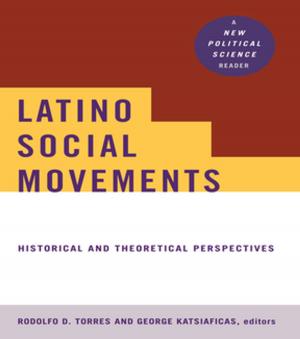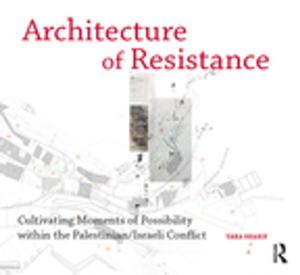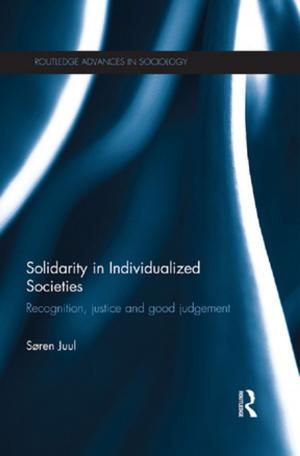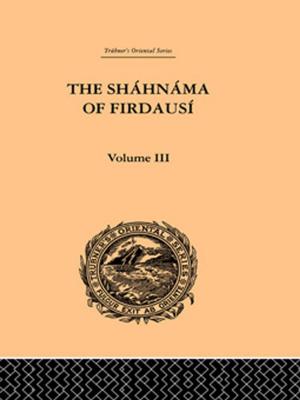German Literature and the First World War: The Anti-War Tradition
Collected Essays by Brian Murdoch
Nonfiction, History, Modern, 20th Century, Fiction & Literature, Literary Theory & Criticism| Author: | Brian Murdoch | ISBN: | 9781317128434 |
| Publisher: | Taylor and Francis | Publication: | March 9, 2016 |
| Imprint: | Routledge | Language: | English |
| Author: | Brian Murdoch |
| ISBN: | 9781317128434 |
| Publisher: | Taylor and Francis |
| Publication: | March 9, 2016 |
| Imprint: | Routledge |
| Language: | English |
The period immediately following the end of the First World War witnessed an outpouring of artistic and literary creativity, as those that had lived through the war years sought to communicate their experiences and opinions. In Germany this manifested itself broadly into two camps, one condemning the war outright; the other condemning the defeat. Of the former, Erich Maria Remarque’s All Quiet on the Western Front remains the archetypal example of an anti-war novel, and one that has become synonymous with the Great War. Yet the tremendous and enduring popularity of Remarque’s work has to some extent eclipsed a plethora of other German anti-war writers, such as Hans Chlumberg, Ernst Johannsen and Adrienne Thomas. In order to provide a more rounded view of German anti-war literature, this volume offers a selection of essays published by Brian Murdoch over the past twenty years. Beginning with a newly written introduction, providing the context for the volume and surveying recent developments in the subject, the essays that follow range broadly over the German anti-war literary tradition, telling us much about the shifting and contested nature of the war. The volume also touches upon subjects such as responsibility, victimhood, the problem of historical hiatus in the production and reception of novels, drama, poetry, film and other literature written during the war, in the Weimar Republic, and in the Third Reich. The collection also underlines the potential dangers of using novels as historical sources even when they look like diaries. One essay was previously unpublished, two have been augmented, and three are translated into English for the first time. Taken together they offer a fascinating insight into the cultural memory and literary legacy of the First World War and German anti-war texts.
The period immediately following the end of the First World War witnessed an outpouring of artistic and literary creativity, as those that had lived through the war years sought to communicate their experiences and opinions. In Germany this manifested itself broadly into two camps, one condemning the war outright; the other condemning the defeat. Of the former, Erich Maria Remarque’s All Quiet on the Western Front remains the archetypal example of an anti-war novel, and one that has become synonymous with the Great War. Yet the tremendous and enduring popularity of Remarque’s work has to some extent eclipsed a plethora of other German anti-war writers, such as Hans Chlumberg, Ernst Johannsen and Adrienne Thomas. In order to provide a more rounded view of German anti-war literature, this volume offers a selection of essays published by Brian Murdoch over the past twenty years. Beginning with a newly written introduction, providing the context for the volume and surveying recent developments in the subject, the essays that follow range broadly over the German anti-war literary tradition, telling us much about the shifting and contested nature of the war. The volume also touches upon subjects such as responsibility, victimhood, the problem of historical hiatus in the production and reception of novels, drama, poetry, film and other literature written during the war, in the Weimar Republic, and in the Third Reich. The collection also underlines the potential dangers of using novels as historical sources even when they look like diaries. One essay was previously unpublished, two have been augmented, and three are translated into English for the first time. Taken together they offer a fascinating insight into the cultural memory and literary legacy of the First World War and German anti-war texts.















